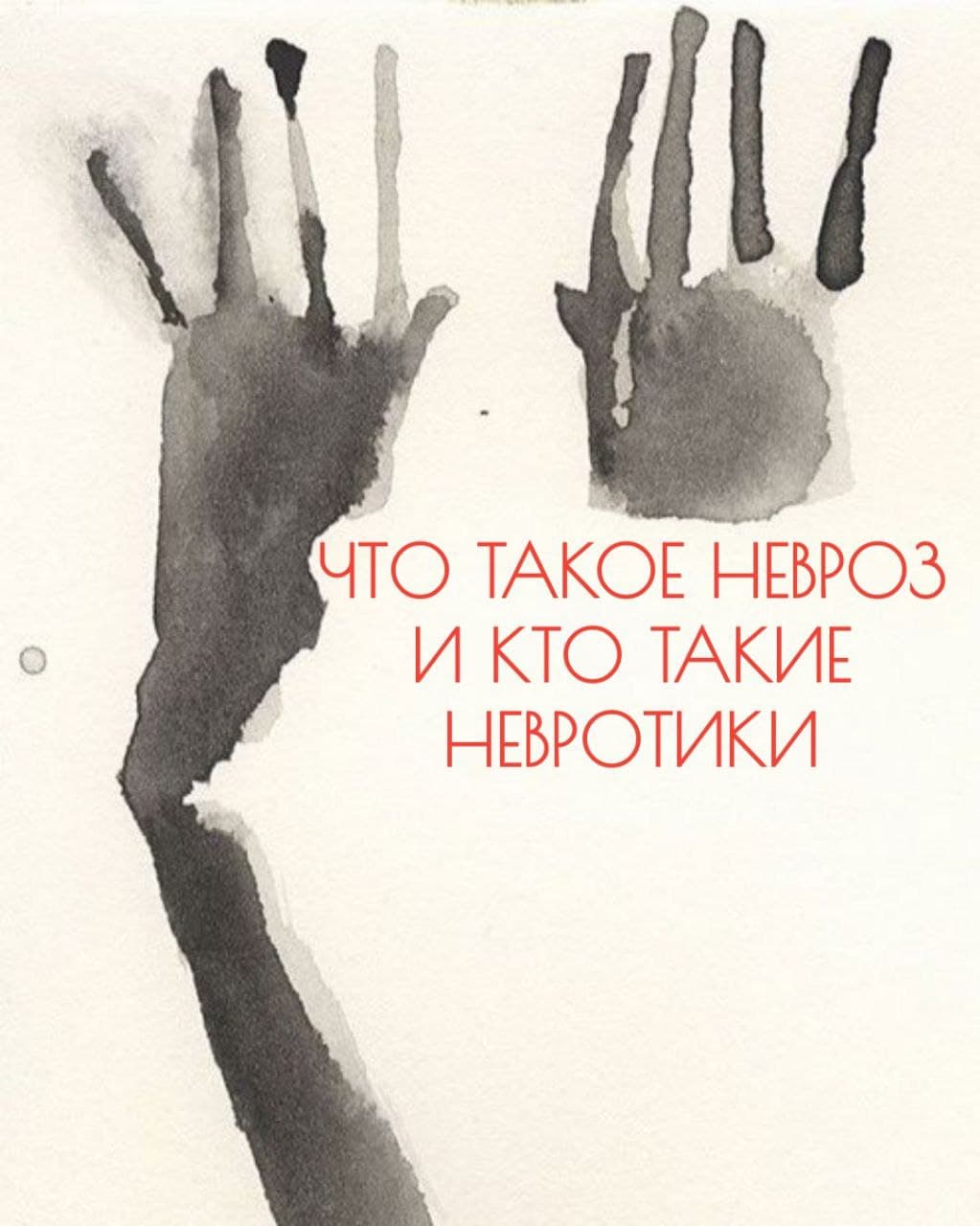
@omprograms
Uncertainty is almost inevitable and, in a way, even a familiar part of our lives. But when the level of uncertainty is high, it can affect a whole range of important aspects of our lives.

«…And whatever happens: plague, war,
No matter how hellish the forces rage,
Whatever times may come,
But this, that, too, was, was».
DMITRY VEDENYAPIN
I open my eyes and see the sun lying in narrow strips on the floor and on my hand. Just like in childhood. My room in the house on 26 Baku Commissars Street faced east, and the morning began with these sunbeams, as if heralding happiness. I sniff. There should be the smell of my mother's toast, but it's not there. This is disappointing. There are other wonderful smells – pine and peaches, but it's not the same. I wake up completely, filled with happiness and disappointment. It seems this is how nostalgia is experienced.
Despite the fact that in medical understanding, there is no such thing as "nostalgia," sociologists and cultural studies experts not only talk about the prevalence of this phenomenon, calling it an epidemic of modernity, but also try to rank nostalgia, distinguishing different degrees of severity – from latent to very severe – with different prognoses and a vast spectrum of psychological and somatic manifestations, which usually pass after people return to their familiar environment. However, there are quite a few studies showing that such "healing" does not occur. Perhaps this is due to the nature of nostalgia, which is primarily about simultaneously experiencing the absence of something important in the present and the memory of its presence in the past, often unrelated to "geographical" changes.
I started thinking about nostalgia. And reading everything in a row. Including an article by Averintsev, which was published in "Novy Mir" in 1996. I categorically disagree with many of its words. But he described nostalgia as a phenomenon surprisingly accurately.
«…Oh, not for the good old times, not at all; the time of my initial impressions – this is the time when I, six years old (Averintsev was born in 1937) or so, was firmly told in response to my babbling (the content of which I cannot remember) by an old man among the family friends: "Remember: if you ask such questions to strangers, your parents will be gone, and you will go to an orphanage." This is the time when, having learned to read, I looked questioningly at a newspaper page with the confessions of defendants in a political trial, admitting guilt in something unknown, and my mother, barely moving her lips, barely audibly and without any expression, said to me only two monosyllabic words, which were more than enough: "They are beaten"… And still – I look at myself with amazement! – still nostalgia».
Nostalgia is a longing for something that either no longer exists, or, as many researchers write, "never existed." According to Boym, it is "a feeling of loss and displacement in time, but besides that – it is a romance with one's own fantasy," which can occur only when the object (home, time, situation) of love or longing is at a distance. This is a kind of distorted memory. The past, place, situation is idealized and mythologized. This is a memory – a dream, a postmemory of happiness, of that very "lost or not yet acquired" experience, for which, according to Tarkovsky, one goes to the cinema. It is the overlay of memory of the past on our perception of it. It is not exactly what was, rather what should have been according to the laws of a happy life, and what is not in the present.
Therefore, the forms of nostalgia's manifestations are very different. Most authors say that the main nostalgic experiences are joy, happiness, mixed with feelings of loneliness and regret. But there are studies describing how people tormented by nostalgia find an outlet in deviant behavior, including manifestations of aggression as a way of discharge. The feelings can be so overwhelming that a person begins to "daydream" and finds themselves in that very "present of the past" about which St. Augustine wrote when thinking about time.
It is not surprising that this experience often arises when there is a hole, the absence of something necessary in the present. These are life periods when there is a lack of support, social connections, and often meanings in the present. These are situations where a disruption of the connection between the past, present, and future may be felt. When what was built in the past and what a person relied on suddenly turns out to be completely unreliable or cannot be "taken" into the present. Of course, moving to another country and a sharp deterioration of the political situation in the country where a person is located can be such triggers.
Recently, among my relatives, friends, colleagues, and just acquaintances, nostalgia has certainly ceased to be an abstract concept. And, perhaps, now, a year and a half after the start of the war, instead of (as one of my colleagues aptly described the state in our professional environment) a "laboratory for experiencing acute trauma," the focus is increasingly on various phenomena related to nostalgia.
I don't know about others, but for me, almost three years into my emigration, the greatest (and essentially the only irreparable) loss has been the inability to live in the language that surrounded me from birth. I think I understand what Brodsky meant when he wrote that "…an exiled writer is like a dog or a person launched into space in a capsule… And your capsule is your language…".
Besides the reference to language, there is some threat to subjectivity in this metaphor, a sense of compulsion. And, indeed, nostalgia is often associated with what a person does not choose – either there is an illusion of no choice, or there is a rejection of the fact of choice.
«…only him, shattered
By separation from his beloved wife and homeland, in a deep grotto
The bright nymph Calypso, goddess of goddesses, held
With her arbitrary power»
The complexity and mixture of nostalgic experiences provide a vast scope for projections. My happiest memories are associated with Moscow. I lived in Moscow for 50 years, managing, as my son said when congratulating me on my birthday, to cross into the kingdom of old age ("50, mommy – this is the transition from the kingdom of youth to the kingdom of old age") – just two months before moving to London. The sunbeams on the floor of my room, the taste of leftover cream for "Napoleon," which could be scraped out of the bowl, the warmth of the wooden table leg under which we played while listening to the smart conversations of adults, my brother's story about the hypotenuse on the way from kindergarten, the amazing tenderness of my daughter's palm (the list is endless) – all this is Moscow. You don't need to be a psychotherapist to understand that this "my Moscow" does not include queues, poverty, blue chickens in orders, persecution of dissidents, slow schizophrenia, the visa office, refuseniks, or, finally, an anonymous letter written about my father by comrade Sudoplatov (yes, yes, the son of that very famous NKVD officer), which possibly cost my father his life. All this is also Moscow, but it takes effort for me to acknowledge both sides. Otherwise, it is untruthful and dangerous.
These projections lie at the core of social nostalgia, retrotopia, when personal happy experiences are interpolated onto the city, people, country and combined with an invented past. We want to enlarge our cozy past, extend it to the city, to the country, to the people. This is essentially the basis of propaganda-used postmemory, a distorted past intertwined with fantasies about what it should have been ("it used to be good," "our country was taken from us," "we need to get up from our knees," "regain lost strength, return happiness"). "More's utopia has now risen in the form of retrotopia – in images of the lost/stolen/abandoned and ghostly past," said Bauman. Being astonished and indignant at a rewritten textbook, we sometimes write our own beautiful book in our memory.
The desire to see good in the past and yearn for it has quite physiological grounds. Several neurobiological studies conducted in different countries over the past decades have shown that during nostalgic experiences, the brain areas involved in attachment, significance, happiness, and anticipation of something good are simultaneously activated along with memory. But it is precisely the recognition that our happy memories are only part of the truth that allows them to be preserved. Nostalgia turns out to be a very important experience if it is possible to acknowledge reality and separate warm and joyful memories of the past, this experience of happiness and stability, from projections and fantasies. Nostalgia allows one to feel the connection of time, keep what really happened, and gain an understanding that this can no longer be taken away. Experiencing nostalgia, a person forms a more optimistic outlook on the future, learns to build good relationships, maintain psychological stability, and better adapt.
When you have the experience of happiness, stability, coziness, you know for sure that it is possible. And sometimes you can even guess how to achieve this in a different situation and time.
Rain claps on the leaves. Dacha. Light,
The kind that happens in the morning on the terrace,
When you are six and a half years old
And have three spacious months in stock
Before the vague school hustle and bustle.
A bouquet of steppe peonies is in the frame.
"Four tankers" is on TV...
Later, the smell of new books
Will mix with the smell of notebook pages
And mom's jam. On Sundays
It will lead to an ancient bar.
Oh, childhood, where do you live? In your mother's house?
Or did you move to the flowering gardens?
I look at the deserted flower beds.
And I no longer seek an answer.
I'm sitting on the porch, breathing the smell of meadows.
I am here. It's been a long time since I felt so happy.
DMITRY VEDENYAPIN

Fill out the form below, we will answer your question shortly!

Uncertainty is almost inevitable and, in a way, even a familiar part of our lives. But when the level of uncertainty is high, it can affect a whole range of important aspects of our lives.

WHAT PREVENTS A THERAPIST FROM BEING A THERAPIST?

Alarm levels. What is anxiety and how to deal with anxiety?

What is neurosis, and who are neurotics?